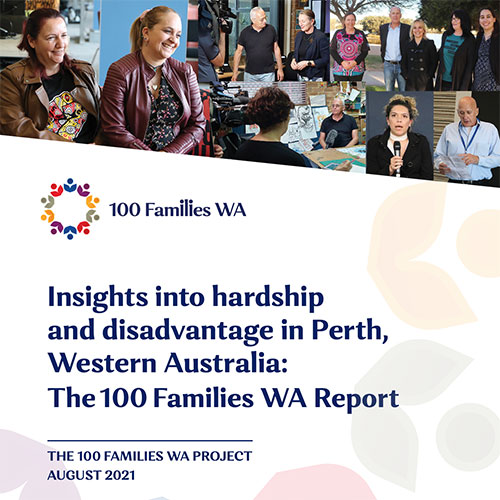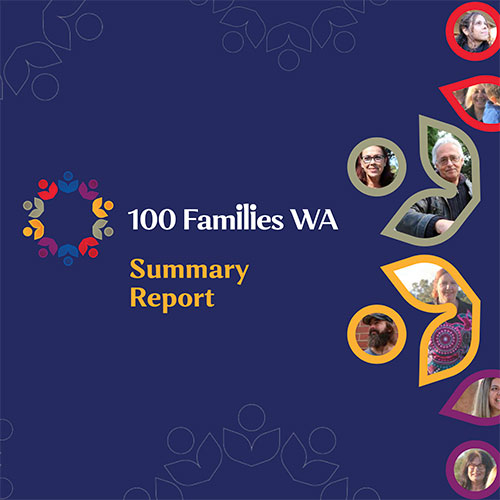You get to know a lot of people where we live. We get on with most of them. Some though, like our neighbour, just don’t like us much which can make life hard.
A good thing about my own people is that there is always someone you can go to for help, be it for food, money, a place to stay. That doesn’t always come without its problems though. For example, we aren’t allowed to let others stay at our place because it’s a Homeswest house but what am I going to do? We aren’t supposed to turn our people away, that’s not in our culture.
From time to time some of the Aboriginal families get together for a cook-up. We’ve done Kangaroo tail in the back yard, damper cooked in the ashes. I like those times. We also catch up in other places too. The football club, the community centre. There are some places we can go and just be ourselves. Sometimes there’s drama but most of the time it’s okay.
I wish there were more places like that.



